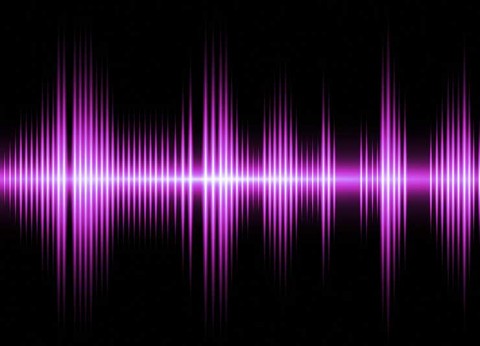
31 Jul Pink noise boosts deep sleep and memory in mildly cognitive impaired patients.
Slow wave sleep, the sleep stage we spend about 10-20% of the total night’s worth of sleep in, is key for memory consolidation. Pairing this with those who suffer from mild cognitive impairment and those with Alzheimer’s disease, maximizing this period of sleep can only be beneficial.
A study performed by Dr Malkani, of the Northwestern University had previously looked at the effects of sound stimulation on memory showing specific sounds improved memory in older adults in their 2017 study. This new study took that idea and applied the same principle to those with mild cognitive impairments to see whether sound stimulation, specifically pink noise, would have a similar effect. Pink noise is similar to white noise but it is deeper during the slow waves.
This study enrolled nine participants with a mild cognitive impairment who were required to sleep two nights in the sleep laboratory (once during week one and once during week two). The two nights were randomly assigned to either “with sound” and “without sound” though the order of these nights did not matter. Prior to each night and the following morning, participants were asked a memory based test to recall 44 word pairs.
Scientists compared answers to total slow wave sleep time to sound conditions and found on the night where the pink noise played, memory recall was better by 20% than on the nights without the pink noise sound playing. This adds more support that certain sounds can positively effect our sleep quality. The next study that Dr Malkani in interested in pursuing is with a larger sample size over multiple nights to confirm this memory enhancement and see how long this effect lasts.
Source: https://www.sciencedaily.com/releases/2019/06/190628120531.htm

